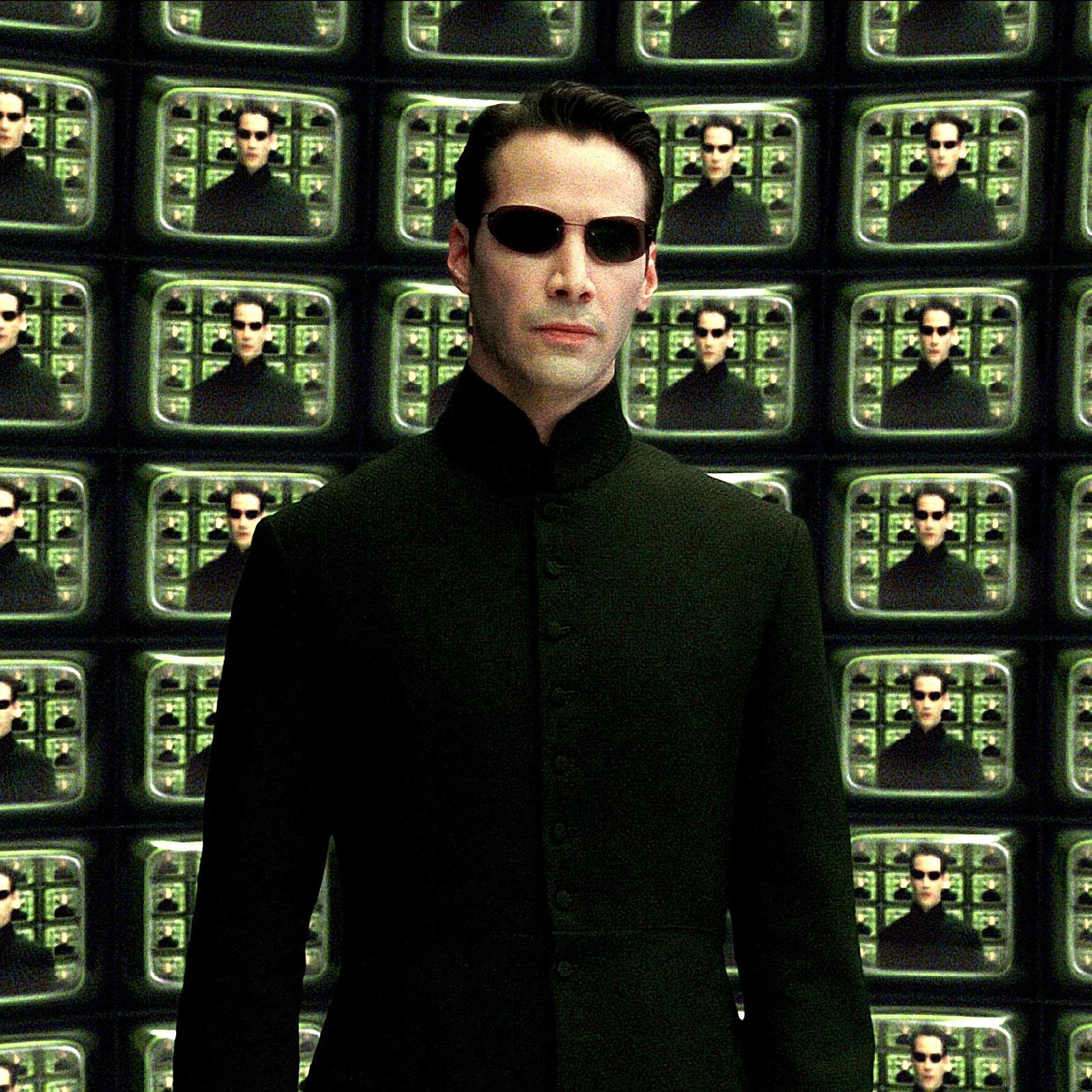Title: Unplugging Reality: Analyzing the Philosophical Implications of The Matrix
Introduction:
Since its release in 1999, “The Matrix” has captivated audiences with its groundbreaking special effects and mind-bending narrative. However, beneath its action-packed surface lies a deeper philosophical discourse that continues to spark debate. At its core, the film presents a dystopian vision where reality is an illusion, prompting viewers to question the nature of existence itself. While its themes of liberation and self-discovery are undeniably compelling, there is an underlying question that merits scrutiny: Does “The Matrix” promote a philosophy that is potentially dangerous? By delving into the film’s exploration of reality, free will, and authority, this article seeks to unravel the philosophical messages embedded within the narrative and assess their implications on individual and societal levels. Through a critical examination of these themes, we aim to determine whether “The Matrix” serves as a catalyst for enlightenment or a harbinger of existential peril.
Influence of The Matrix on Perception of Reality
The 1999 film The Matrix has left an indelible mark on how we perceive reality and our understanding of the world. Its influence is evident in how it challenges viewers to question the nature of their existence and the reliability of their perceptions. At the core of its philosophy is the unsettling proposition that reality, as we know it, might be a meticulously crafted illusion. This idea has permeated popular culture, giving rise to discussions that extend beyond cinema into the realms of philosophy and cognitive science.
Key Concepts:
- Simulation Theory: The film popularized the concept that our perceived reality might be an artificial simulation, prompting both casual and academic debates on the possibility of such a scenario.
- Questioning Authority: By depicting a world where perceived truths are manufactured, The Matrix encourages skepticism towards established norms and authoritative structures.
- Self-Realization: The narrative arc of Neo, the protagonist, underscores the journey towards self-awareness and the pursuit of truth, inspiring individuals to seek deeper understanding of their own realities.

Philosophical Underpinnings and Their Real-World Implications
The philosophical core of The Matrix is heavily influenced by Cartesian skepticism and Plato’s Allegory of the Cave, raising profound questions about the nature of reality and perception. This philosophical framework challenges the audience to question the authenticity of their experiences and consider the possibility of a constructed reality. Such ideas can have significant real-world implications, as they invite individuals to become skeptical of accepted norms and realities, potentially fostering a mindset of critical inquiry and self-awareness. However, this could also lead to a form of nihilism or detachment, where individuals may become disengaged from societal structures and responsibilities.
While this form of skepticism can be empowering, encouraging people to seek deeper truths and understanding, it may also nurture a sense of alienation and cynicism. Consider the following potential real-world implications:
- Empowerment: Encourages individuals to question authority and explore alternative perspectives.
- Detachment: May lead to a disconnect from societal norms and community responsibilities.
- Nihilism: Promotes a belief that life lacks inherent meaning, potentially impacting mental health.
- Critical Thinking: Fosters a mindset of questioning and analysis, essential for personal growth.
Ultimately, the film serves as a double-edged sword, capable of inspiring profound insights while also risking the propagation of a philosophy that could destabilize one’s engagement with reality.

Analyzing the Impact on Individual and Societal Beliefs
The Matrix, a film that delves into the concept of reality versus illusion, has sparked extensive debate regarding its philosophical implications on both individual and societal beliefs. The film presents a reality where human perceptions are manipulated by an advanced artificial intelligence, leading viewers to question the authenticity of their own experiences. This premise can be seen as a double-edged sword: it encourages a deeper understanding of personal autonomy and awareness, yet it also risks promoting a sense of nihilism and detachment from the tangible world.
- Individual Autonomy: On a personal level, the film can inspire individuals to critically evaluate their surroundings and beliefs, fostering a mindset that prioritizes truth and self-discovery over blind acceptance.
- Societal Impact: However, when extended to a societal context, this questioning of reality might lead to widespread skepticism towards established norms and institutions, potentially undermining social cohesion and trust.
While the film’s philosophical questions can be intellectually stimulating, they also challenge the fabric of collective belief systems. The notion of a constructed reality might embolden conspiracy theories or radical skepticism, which could be detrimental if not balanced with a healthy level of critical thinking and community trust. The Matrix thus serves as a powerful cultural artifact that both empowers and complicates our understanding of reality and belief.
Recommendations for Critical Engagement with Fictional Narratives
When engaging critically with fictional narratives like The Matrix, it’s essential to apply a nuanced lens that considers both the narrative’s thematic depth and its broader cultural impact. Start by examining the underlying philosophies the story presents. Consider how the film portrays reality and illusion, and whether it encourages a skeptical view of the world that might be misconstrued as nihilistic or defeatist. Reflect on how these themes interact with current societal issues and personal beliefs. Are they challenging conventional thinking in a constructive way, or are they reinforcing potentially harmful ideologies?
- Contextual Analysis: Place the narrative within its historical and cultural context. What were the societal conditions during its release, and how do they inform the film’s message?
- Character Development: Analyze the characters’ arcs and motivations. Do they evolve in a way that suggests growth or transformation, or do they reinforce a static, possibly problematic worldview?
- Visual and Symbolic Elements: Pay attention to the visual storytelling and symbolism. How do these elements support or contradict the philosophical messages conveyed through dialogue and plot?
- Audience Interpretation: Consider the diverse interpretations of the film by different audience segments. How do these interpretations reflect the viewers’ backgrounds and beliefs?
By approaching fictional narratives with a critical and analytical mindset, we can appreciate their artistic value while also being mindful of the philosophies they might inadvertently promote.









